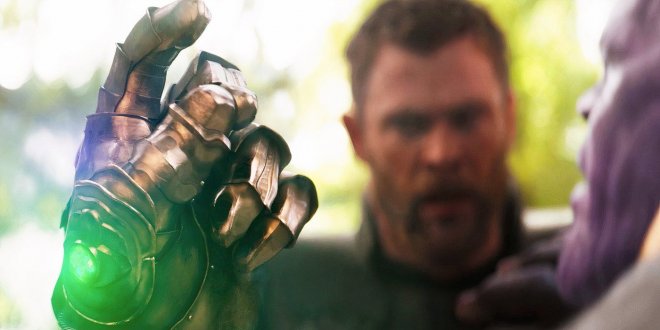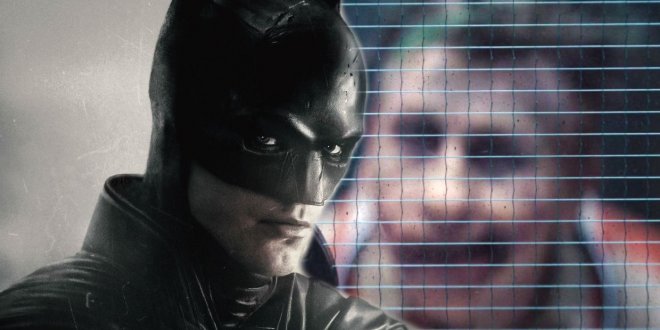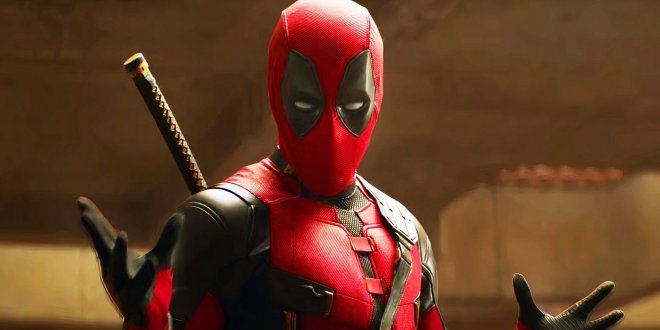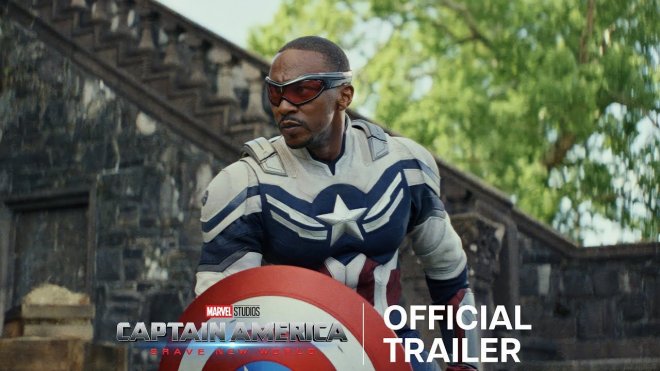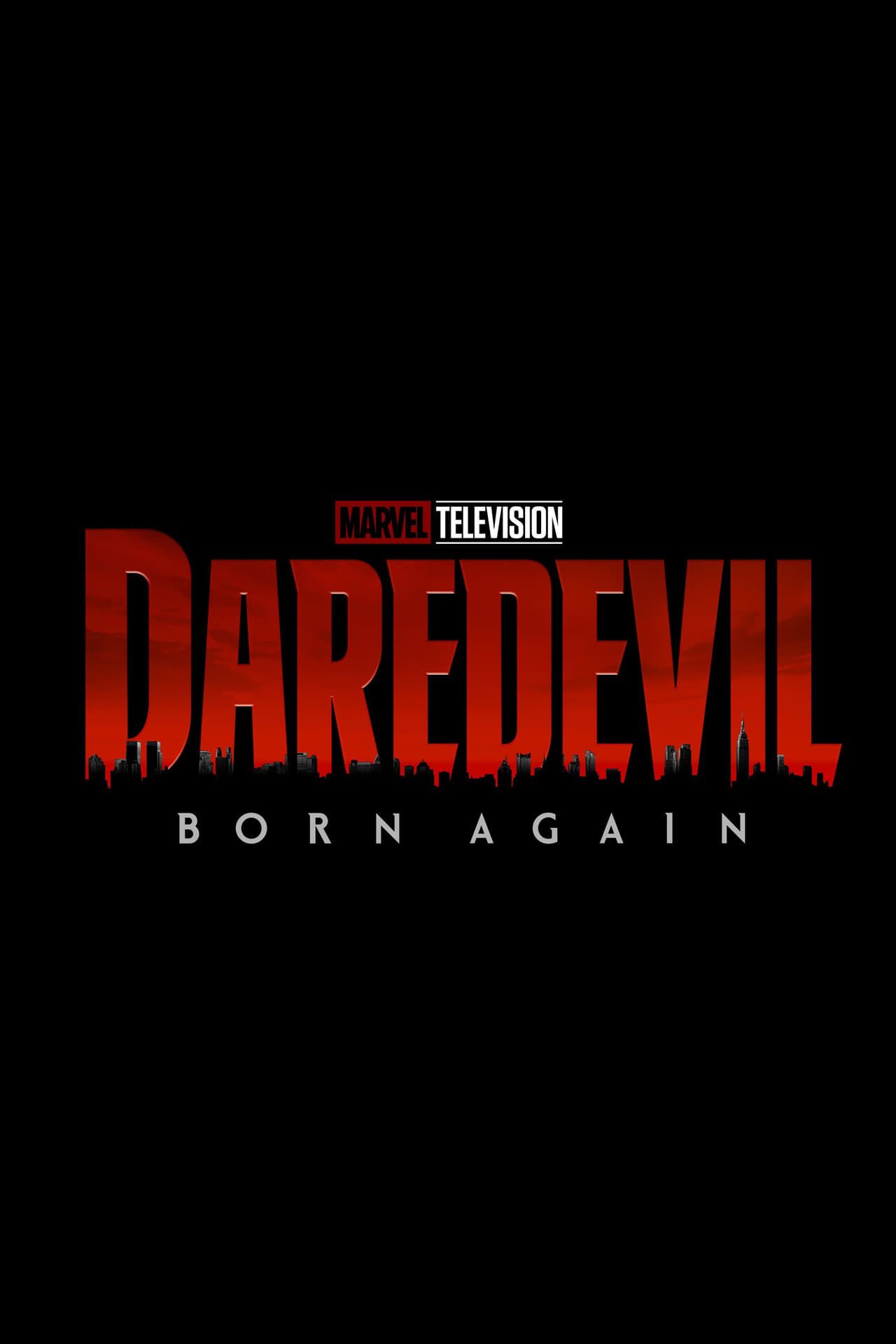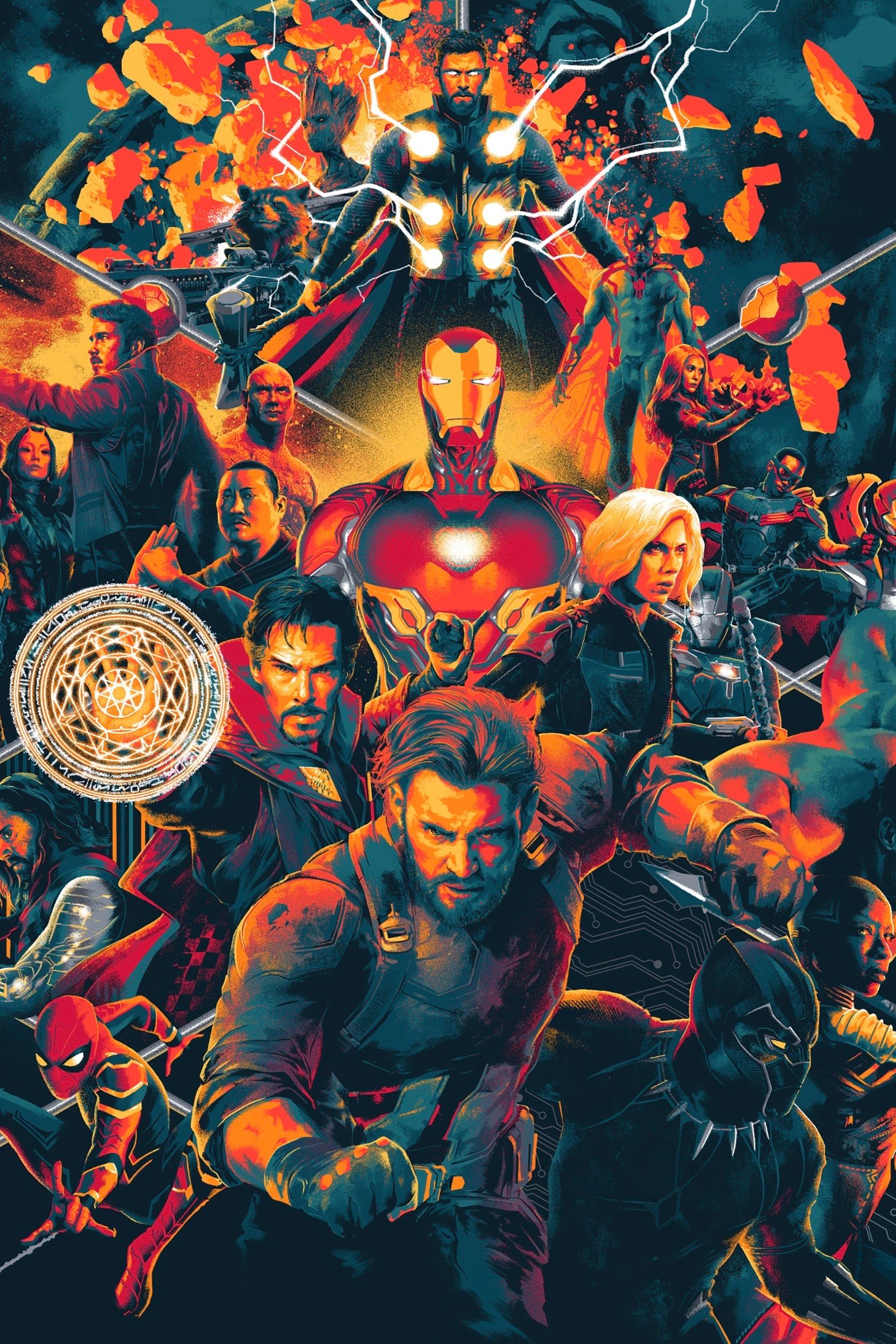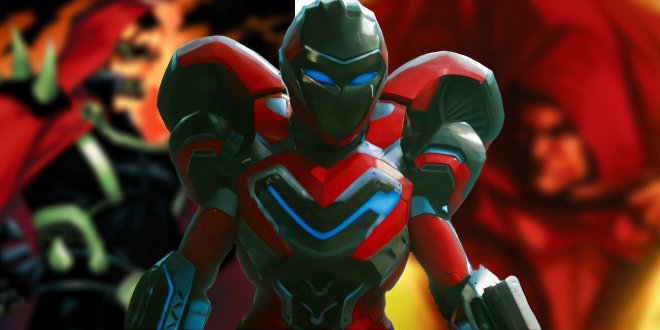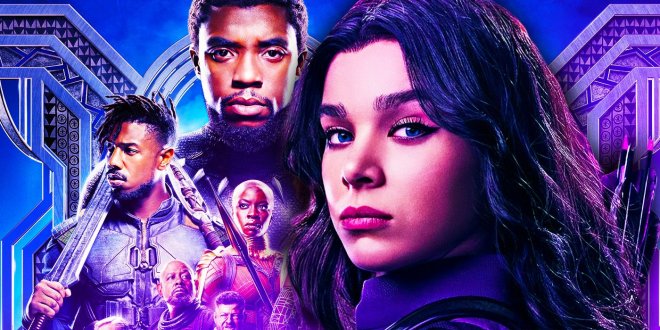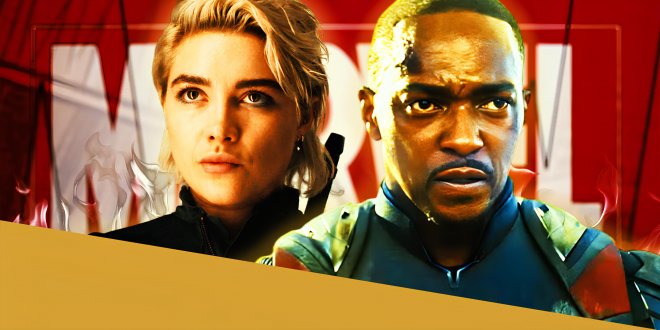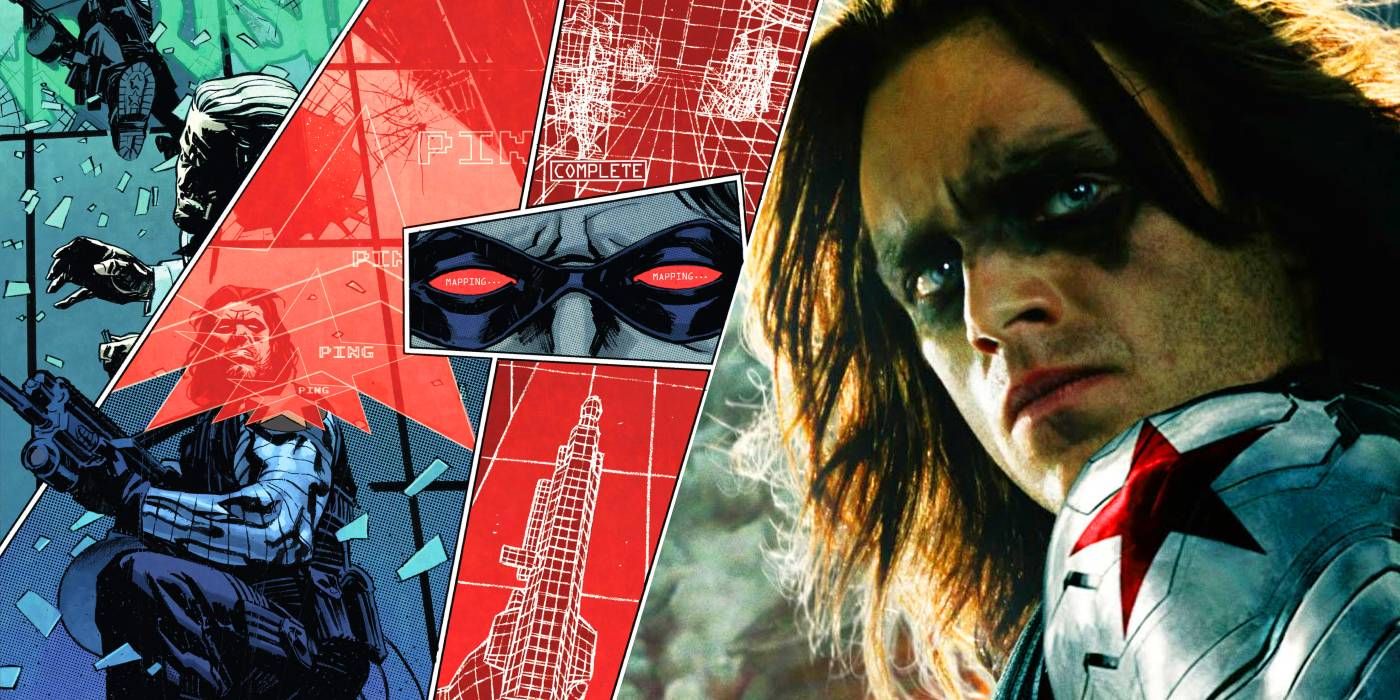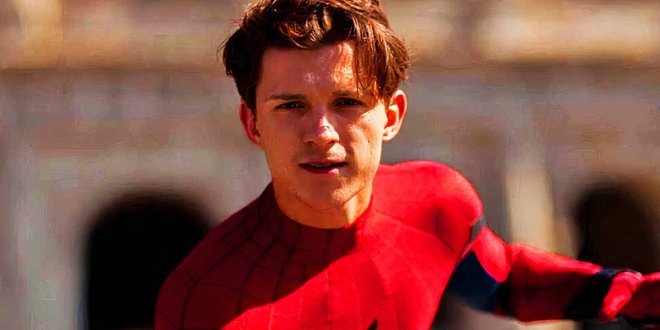10 Reasons No MCU Movie Has Made $1 Billion In 2 Years
Summary
There are many reasons to point to regarding Marvel's recent lack of breakout hits. Some factors are well-within the studio's control, and the souring of general audiences on the MCU after critical flops like The Eternals, Ant-Man and the Wasp: Quantumania, and Thor: Love and Thunder are an easy source of blame to identify. Other factors that have prevented Marvel Studios from billion-dollar glory are more difficult to frame as bad decisions on Disney's behalf, effecting other big franchises equally at the box office. Whether this worrying trend represents the beginning of the end for Marvel's success or a momentary dip the series can recover from remains to be seen.
10 Superhero Movie Fatigue Marvel’s heroes aren’t the only ones struggling at the box office![]() There's one simple explanation for Marvel's lack of billion-dollar hits, and the Disney-owned production giant isn't the only one to feel its effects. After the genre dominated the box office for the majority of the 2010s, it's safe to say that superhero fatigue has set in on the MCU. DC's films have also been feeling this phenomenon, with recent films The Flash and Shazam! Fury of the Gods also being historic underperformers. The novelty of high-quality superhero stories has long faded away, and the mere presence of recognizable comic book IP is no longer the financial garauntee it once was.
There's one simple explanation for Marvel's lack of billion-dollar hits, and the Disney-owned production giant isn't the only one to feel its effects. After the genre dominated the box office for the majority of the 2010s, it's safe to say that superhero fatigue has set in on the MCU. DC's films have also been feeling this phenomenon, with recent films The Flash and Shazam! Fury of the Gods also being historic underperformers. The novelty of high-quality superhero stories has long faded away, and the mere presence of recognizable comic book IP is no longer the financial garauntee it once was.
9 The Avengers Are Still Missing The Avengers haven’t made an appearance since Endgame Close If there's one individual franchise the MCU is known for, it's The Avengers, whose first movie represented the culmination of years of planning and patience paying off as the start of something grander. But since the climactic events of Avengers: Endgame, the famed superhero team not only hasn't shown up again, but hasn't even defined a starting solid roster, with a handful of C-list heroes being equally likely to make the cut of the next Avengers iteration. Considering all of Marvel's highest-earning films have been team-up movies pulling their cast from different sources, it's no wonder Spider-Man: No Way Home was the last billion-dollar earner.
8 Poor Marketing Decisions The Marvels’ marketing pronounces a worrying trend![]() The Marvels was a box office flop, marking the end of an era for Marvel's consistent dominance of highest-performing films in a given year. The movie's lack of engagement can be contributed to poor advertising, jarringly changing the film's percieved tone between trailers and not even making it clear who the villain would be. It didn't help that SAG-AFTRA's historic strike this year hamstrung the film's marketing, with celebrity stars prevented from drumming up hype. The Marvels is far from the only MCU film to suffer from uneven publicity in recent years, but remains the best encapsulation of Marvel's recent advertising woes, with the poor numbers to prove it.
The Marvels was a box office flop, marking the end of an era for Marvel's consistent dominance of highest-performing films in a given year. The movie's lack of engagement can be contributed to poor advertising, jarringly changing the film's percieved tone between trailers and not even making it clear who the villain would be. It didn't help that SAG-AFTRA's historic strike this year hamstrung the film's marketing, with celebrity stars prevented from drumming up hype. The Marvels is far from the only MCU film to suffer from uneven publicity in recent years, but remains the best encapsulation of Marvel's recent advertising woes, with the poor numbers to prove it.
7 MCU Cynicism General audiences aren’t so squarely on Marvel’s side anymore![]() The MCU suffers particularly from cynicism as Hollywood's tentpole franchise, especially with regard to superheroes, being the first ones to conceive the art of the big-budget cinematic universe. Prestige cinema legends like Martin Scorsese have publicly declared their distaste for Marvel's effects on filmmaking, and it seems as though public opinion has slowly crept to their side. Once, openly disliking Marvel movies was a bold counter-culture stance to take, earning hipster points as a controversial stance in general film discussion. Now, the attitude has become the norm, with only the most die-hard fans remaining steadfast against falling public opinion on the MCU.
The MCU suffers particularly from cynicism as Hollywood's tentpole franchise, especially with regard to superheroes, being the first ones to conceive the art of the big-budget cinematic universe. Prestige cinema legends like Martin Scorsese have publicly declared their distaste for Marvel's effects on filmmaking, and it seems as though public opinion has slowly crept to their side. Once, openly disliking Marvel movies was a bold counter-culture stance to take, earning hipster points as a controversial stance in general film discussion. Now, the attitude has become the norm, with only the most die-hard fans remaining steadfast against falling public opinion on the MCU.
6 Marvel Fans Are Content To Wait For Disney+ Releases The MCU is still feeling the effects of the post-COVID model![]() The COVID-19 pandemic forced Disney to rapidly adapt to their release strategy, releasing Black Widow on Disney+ simultaneously with theaters. After general audience's access to theaters was restored, few were keen to give up the comfort of enjoying new releases in the comfort of their own home, drastically shortening Disney's turnaround time on getting new Marvel releases up and running on the streaming platform. This resulted in poor box office showings for films like Ant-Man and the Wasp: Quantumania, keeping them well out of range of a billion-dollar ticket sale.
The COVID-19 pandemic forced Disney to rapidly adapt to their release strategy, releasing Black Widow on Disney+ simultaneously with theaters. After general audience's access to theaters was restored, few were keen to give up the comfort of enjoying new releases in the comfort of their own home, drastically shortening Disney's turnaround time on getting new Marvel releases up and running on the streaming platform. This resulted in poor box office showings for films like Ant-Man and the Wasp: Quantumania, keeping them well out of range of a billion-dollar ticket sale.
5 The Exit Of Iron Man And Captain America The MCU has struggled to fill the void left by its two leading roles Close It's been four years now since Chris Evans and Robert Downey Jr. retired from their lauded performances as Captain America and Iron Man after years of service to the MCU. To this day, the absence of these two charismatic leading men has been felt across the franchise, struggling to recapture a performance that could similarly enthrall audiences. The closest thing Marvel currently has to a Tony Stark or Steve Rogers, at the moment, is Tom Holland's well-received version of Spider-Man, explaining why Spider-Man: No Way Home may have been the last Marvel movie to hit one billion dollars in sales. No other character and actor combo has been nearly as effective in the releases since.
4 The Multiverse Saga Superheroes are just one part of the fatigue![]() Superheroes themselves aren't the only well-tread ground the MCU have found themselves standing on in recent years, with The Multiverse Saga being Marvel's next major arc spanning multiple phases. The concept of the multiverse has been quickly worn out in various different media, with shows like Rick and Morty and movies such as Everything Everywhere All at Once heavily inoculating audiences with quality multiversal stories. Making the multiverse be the next major concept of the MCU following the powerful story of the Infinity Stones may have been a fatal gamble to Marvel's box-office numbers, compounding superhero fatigue with multiverse fatigue.
Superheroes themselves aren't the only well-tread ground the MCU have found themselves standing on in recent years, with The Multiverse Saga being Marvel's next major arc spanning multiple phases. The concept of the multiverse has been quickly worn out in various different media, with shows like Rick and Morty and movies such as Everything Everywhere All at Once heavily inoculating audiences with quality multiversal stories. Making the multiverse be the next major concept of the MCU following the powerful story of the Infinity Stones may have been a fatal gamble to Marvel's box-office numbers, compounding superhero fatigue with multiverse fatigue.
3 Fans Have Impossibly High Standards Now Fans are chasing the high of Marvel’s biggest triumphs![]() The success of Avengers: Infinity War, Avengers: Endgame, and The Infinity Saga in general may be proving to be a double-edge sword for the MCU. The climactic ending of an era that was 2019 was shockingly well-orchestrated, almost too much so. The success of Marvel's past triumphs have cast a heavy shadow on their efforts to recapture audiences since, with the standards of Marvel's fans having gone through the roof after being shown the height of what the series can accomplish. In the modern day and age, Marvel has to try harder than ever to convince fans to return to theaters.
The success of Avengers: Infinity War, Avengers: Endgame, and The Infinity Saga in general may be proving to be a double-edge sword for the MCU. The climactic ending of an era that was 2019 was shockingly well-orchestrated, almost too much so. The success of Marvel's past triumphs have cast a heavy shadow on their efforts to recapture audiences since, with the standards of Marvel's fans having gone through the roof after being shown the height of what the series can accomplish. In the modern day and age, Marvel has to try harder than ever to convince fans to return to theaters.
2 The Lack Of A Cohesive Story The MCU currently lacks a solid overarching plot![]() The Infinity Stones served Marvel well as a driving plot force that lurked in the background, tying each film together in a cohesive manner. Lately, it seems as though Marvel has been eschewing its strengths, with most films since Spider-Man: No Way Home feeling relatively disconnected. The through plot of Kang and his presence throughout the multiverse has moved incredibly slowly, failing to play to the Marvel movies' strengths as being more like a TV show with very long episodes that release infrequently, resulting in less engagement from moviegoers at the box office.
The Infinity Stones served Marvel well as a driving plot force that lurked in the background, tying each film together in a cohesive manner. Lately, it seems as though Marvel has been eschewing its strengths, with most films since Spider-Man: No Way Home feeling relatively disconnected. The through plot of Kang and his presence throughout the multiverse has moved incredibly slowly, failing to play to the Marvel movies' strengths as being more like a TV show with very long episodes that release infrequently, resulting in less engagement from moviegoers at the box office.
1 Disney+ Series Have Gatekept Audiences TV shows have added an extra layer of commitment to the MCU Close The decision to incorporate limited series as a part of Marvel's phases post-Endgame has had mixed results. Entries like WandaVision and Season 2 of Loki stand among some of Marvel's best work. However, some audiences may be feeling alienated by the plethora of shows, each having a suite of 50-minute-plus episodes. Before, the argument could be made that the Disney+ series weren't required watching, but with The Marvels using a Disney+-introduced character as a leading role and Loki's finale having massive ramifications on the multiverse, it's become clear that the hours of streaming-only content are becoming homework necessary to enjoy the MCU, a challenge less and less fans are up to.
Key Release Dates ![]() Deadpool 3 Release Date: 2024-07-26
Deadpool 3 Release Date: 2024-07-26 ![]() Captain America: Brave New World Release Date: 2025-02-14
Captain America: Brave New World Release Date: 2025-02-14 ![]() Marvel's Fantastic Four Release Date: 2025-05-02
Marvel's Fantastic Four Release Date: 2025-05-02 ![]() Marvel's Thunderbolts Release Date: 2025-07-25
Marvel's Thunderbolts Release Date: 2025-07-25 ![]() Blade (2025) Release Date: 2025-11-07
Blade (2025) Release Date: 2025-11-07 ![]() Avengers: The Kang Dynasty Release Date: 2026-05-01
Avengers: The Kang Dynasty Release Date: 2026-05-01 ![]() Avengers: Secret Wars Release Date: 2027-05-07
Avengers: Secret Wars Release Date: 2027-05-07
[圖擷取自網路,如有疑問請私訊]
- Superhero fatigue hits the MCU, with audiences growing tired of the genre's dominance at the box office. DC has also been affected.
- The absence of The Avengers since Endgame has impacted the MCU's earning potential, as team-up movies have historically been the highest-earning films.
- Poor marketing decisions, like with The Marvels, have contributed to Marvel's recent financial lows, with inconsistent advertising and a lack of clear messaging.
There are many reasons to point to regarding Marvel's recent lack of breakout hits. Some factors are well-within the studio's control, and the souring of general audiences on the MCU after critical flops like The Eternals, Ant-Man and the Wasp: Quantumania, and Thor: Love and Thunder are an easy source of blame to identify. Other factors that have prevented Marvel Studios from billion-dollar glory are more difficult to frame as bad decisions on Disney's behalf, effecting other big franchises equally at the box office. Whether this worrying trend represents the beginning of the end for Marvel's success or a momentary dip the series can recover from remains to be seen.
10 Superhero Movie Fatigue Marvel’s heroes aren’t the only ones struggling at the box office
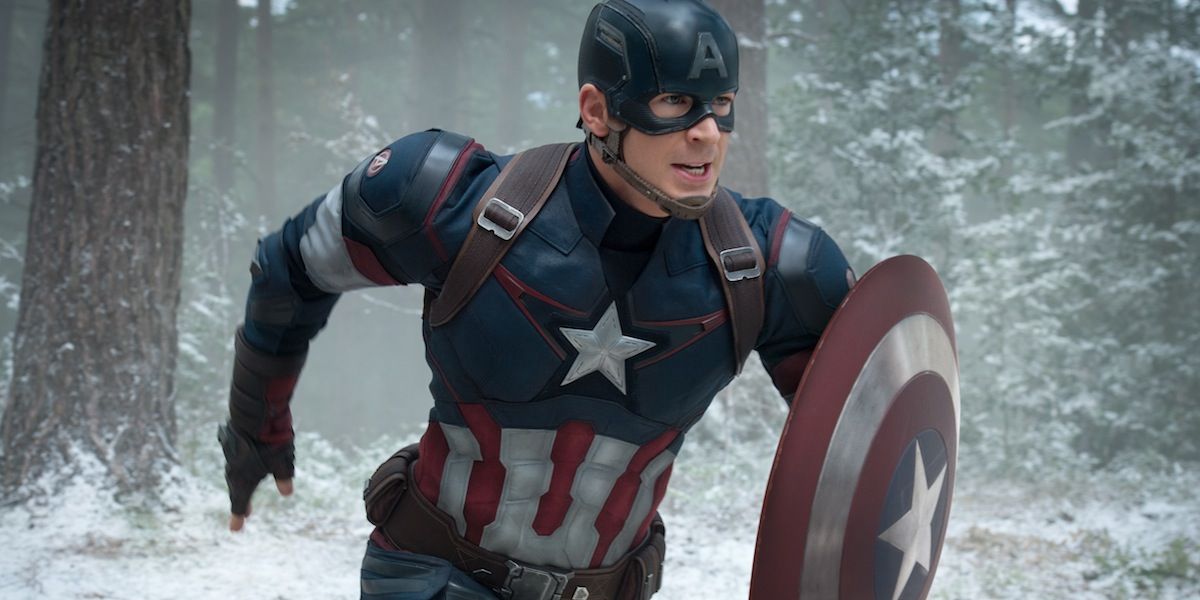 There's one simple explanation for Marvel's lack of billion-dollar hits, and the Disney-owned production giant isn't the only one to feel its effects. After the genre dominated the box office for the majority of the 2010s, it's safe to say that superhero fatigue has set in on the MCU. DC's films have also been feeling this phenomenon, with recent films The Flash and Shazam! Fury of the Gods also being historic underperformers. The novelty of high-quality superhero stories has long faded away, and the mere presence of recognizable comic book IP is no longer the financial garauntee it once was.
There's one simple explanation for Marvel's lack of billion-dollar hits, and the Disney-owned production giant isn't the only one to feel its effects. After the genre dominated the box office for the majority of the 2010s, it's safe to say that superhero fatigue has set in on the MCU. DC's films have also been feeling this phenomenon, with recent films The Flash and Shazam! Fury of the Gods also being historic underperformers. The novelty of high-quality superhero stories has long faded away, and the mere presence of recognizable comic book IP is no longer the financial garauntee it once was. 9 The Avengers Are Still Missing The Avengers haven’t made an appearance since Endgame Close If there's one individual franchise the MCU is known for, it's The Avengers, whose first movie represented the culmination of years of planning and patience paying off as the start of something grander. But since the climactic events of Avengers: Endgame, the famed superhero team not only hasn't shown up again, but hasn't even defined a starting solid roster, with a handful of C-list heroes being equally likely to make the cut of the next Avengers iteration. Considering all of Marvel's highest-earning films have been team-up movies pulling their cast from different sources, it's no wonder Spider-Man: No Way Home was the last billion-dollar earner.
8 Poor Marketing Decisions The Marvels’ marketing pronounces a worrying trend
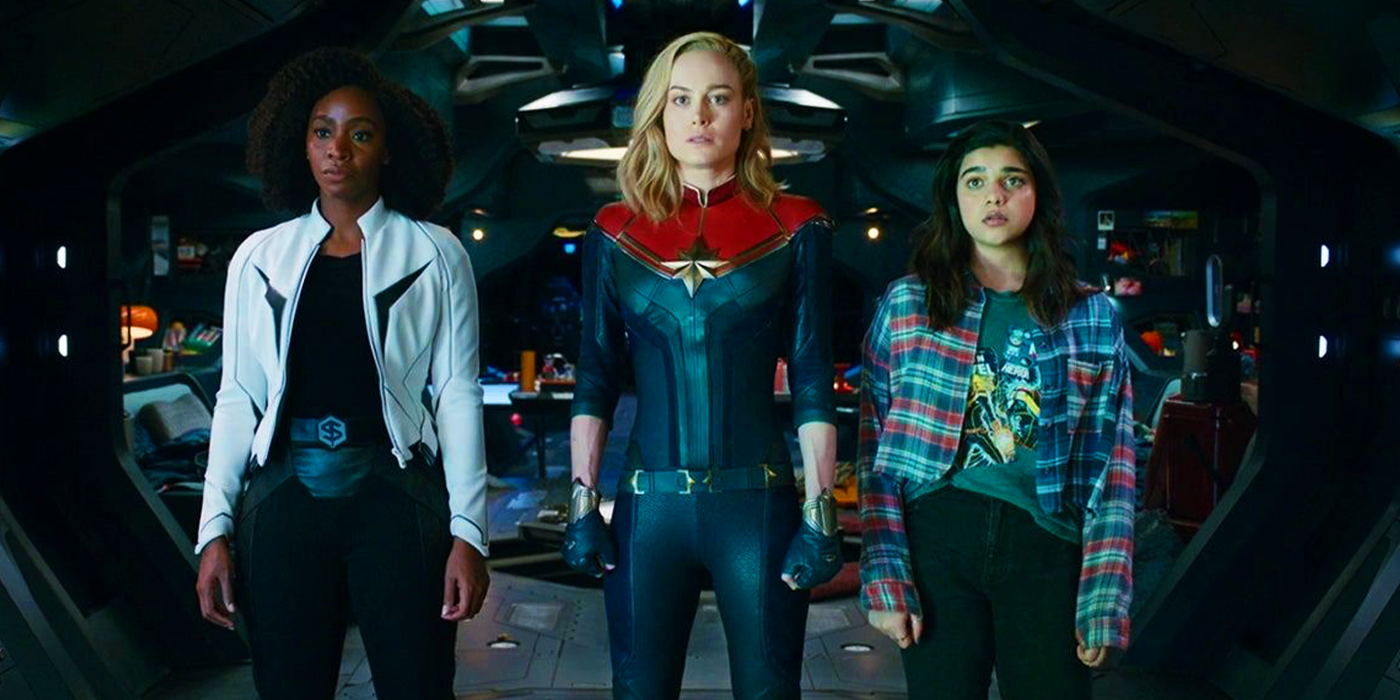 The Marvels was a box office flop, marking the end of an era for Marvel's consistent dominance of highest-performing films in a given year. The movie's lack of engagement can be contributed to poor advertising, jarringly changing the film's percieved tone between trailers and not even making it clear who the villain would be. It didn't help that SAG-AFTRA's historic strike this year hamstrung the film's marketing, with celebrity stars prevented from drumming up hype. The Marvels is far from the only MCU film to suffer from uneven publicity in recent years, but remains the best encapsulation of Marvel's recent advertising woes, with the poor numbers to prove it.
The Marvels was a box office flop, marking the end of an era for Marvel's consistent dominance of highest-performing films in a given year. The movie's lack of engagement can be contributed to poor advertising, jarringly changing the film's percieved tone between trailers and not even making it clear who the villain would be. It didn't help that SAG-AFTRA's historic strike this year hamstrung the film's marketing, with celebrity stars prevented from drumming up hype. The Marvels is far from the only MCU film to suffer from uneven publicity in recent years, but remains the best encapsulation of Marvel's recent advertising woes, with the poor numbers to prove it. 7 MCU Cynicism General audiences aren’t so squarely on Marvel’s side anymore
 The MCU suffers particularly from cynicism as Hollywood's tentpole franchise, especially with regard to superheroes, being the first ones to conceive the art of the big-budget cinematic universe. Prestige cinema legends like Martin Scorsese have publicly declared their distaste for Marvel's effects on filmmaking, and it seems as though public opinion has slowly crept to their side. Once, openly disliking Marvel movies was a bold counter-culture stance to take, earning hipster points as a controversial stance in general film discussion. Now, the attitude has become the norm, with only the most die-hard fans remaining steadfast against falling public opinion on the MCU.
The MCU suffers particularly from cynicism as Hollywood's tentpole franchise, especially with regard to superheroes, being the first ones to conceive the art of the big-budget cinematic universe. Prestige cinema legends like Martin Scorsese have publicly declared their distaste for Marvel's effects on filmmaking, and it seems as though public opinion has slowly crept to their side. Once, openly disliking Marvel movies was a bold counter-culture stance to take, earning hipster points as a controversial stance in general film discussion. Now, the attitude has become the norm, with only the most die-hard fans remaining steadfast against falling public opinion on the MCU. 6 Marvel Fans Are Content To Wait For Disney+ Releases The MCU is still feeling the effects of the post-COVID model
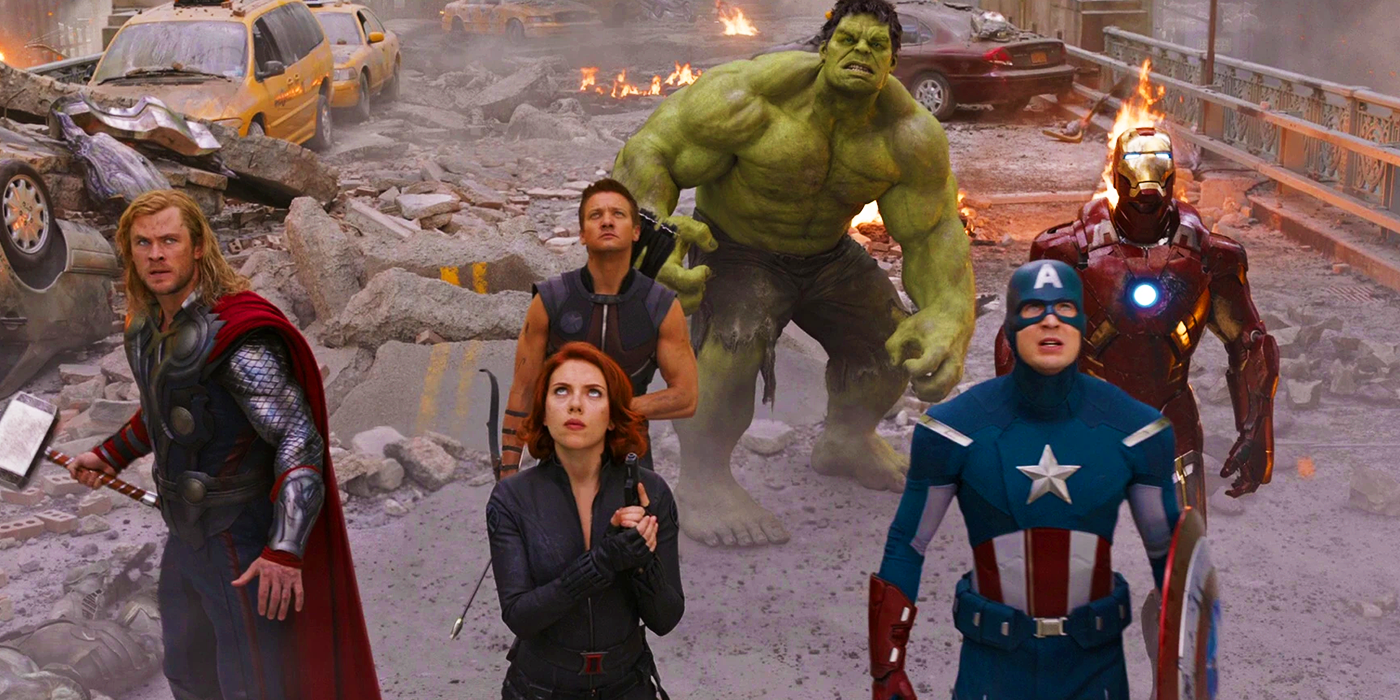 The COVID-19 pandemic forced Disney to rapidly adapt to their release strategy, releasing Black Widow on Disney+ simultaneously with theaters. After general audience's access to theaters was restored, few were keen to give up the comfort of enjoying new releases in the comfort of their own home, drastically shortening Disney's turnaround time on getting new Marvel releases up and running on the streaming platform. This resulted in poor box office showings for films like Ant-Man and the Wasp: Quantumania, keeping them well out of range of a billion-dollar ticket sale.
The COVID-19 pandemic forced Disney to rapidly adapt to their release strategy, releasing Black Widow on Disney+ simultaneously with theaters. After general audience's access to theaters was restored, few were keen to give up the comfort of enjoying new releases in the comfort of their own home, drastically shortening Disney's turnaround time on getting new Marvel releases up and running on the streaming platform. This resulted in poor box office showings for films like Ant-Man and the Wasp: Quantumania, keeping them well out of range of a billion-dollar ticket sale. 5 The Exit Of Iron Man And Captain America The MCU has struggled to fill the void left by its two leading roles Close It's been four years now since Chris Evans and Robert Downey Jr. retired from their lauded performances as Captain America and Iron Man after years of service to the MCU. To this day, the absence of these two charismatic leading men has been felt across the franchise, struggling to recapture a performance that could similarly enthrall audiences. The closest thing Marvel currently has to a Tony Stark or Steve Rogers, at the moment, is Tom Holland's well-received version of Spider-Man, explaining why Spider-Man: No Way Home may have been the last Marvel movie to hit one billion dollars in sales. No other character and actor combo has been nearly as effective in the releases since.
4 The Multiverse Saga Superheroes are just one part of the fatigue
 Superheroes themselves aren't the only well-tread ground the MCU have found themselves standing on in recent years, with The Multiverse Saga being Marvel's next major arc spanning multiple phases. The concept of the multiverse has been quickly worn out in various different media, with shows like Rick and Morty and movies such as Everything Everywhere All at Once heavily inoculating audiences with quality multiversal stories. Making the multiverse be the next major concept of the MCU following the powerful story of the Infinity Stones may have been a fatal gamble to Marvel's box-office numbers, compounding superhero fatigue with multiverse fatigue.
Superheroes themselves aren't the only well-tread ground the MCU have found themselves standing on in recent years, with The Multiverse Saga being Marvel's next major arc spanning multiple phases. The concept of the multiverse has been quickly worn out in various different media, with shows like Rick and Morty and movies such as Everything Everywhere All at Once heavily inoculating audiences with quality multiversal stories. Making the multiverse be the next major concept of the MCU following the powerful story of the Infinity Stones may have been a fatal gamble to Marvel's box-office numbers, compounding superhero fatigue with multiverse fatigue. 3 Fans Have Impossibly High Standards Now Fans are chasing the high of Marvel’s biggest triumphs
 The success of Avengers: Infinity War, Avengers: Endgame, and The Infinity Saga in general may be proving to be a double-edge sword for the MCU. The climactic ending of an era that was 2019 was shockingly well-orchestrated, almost too much so. The success of Marvel's past triumphs have cast a heavy shadow on their efforts to recapture audiences since, with the standards of Marvel's fans having gone through the roof after being shown the height of what the series can accomplish. In the modern day and age, Marvel has to try harder than ever to convince fans to return to theaters.
The success of Avengers: Infinity War, Avengers: Endgame, and The Infinity Saga in general may be proving to be a double-edge sword for the MCU. The climactic ending of an era that was 2019 was shockingly well-orchestrated, almost too much so. The success of Marvel's past triumphs have cast a heavy shadow on their efforts to recapture audiences since, with the standards of Marvel's fans having gone through the roof after being shown the height of what the series can accomplish. In the modern day and age, Marvel has to try harder than ever to convince fans to return to theaters. 2 The Lack Of A Cohesive Story The MCU currently lacks a solid overarching plot
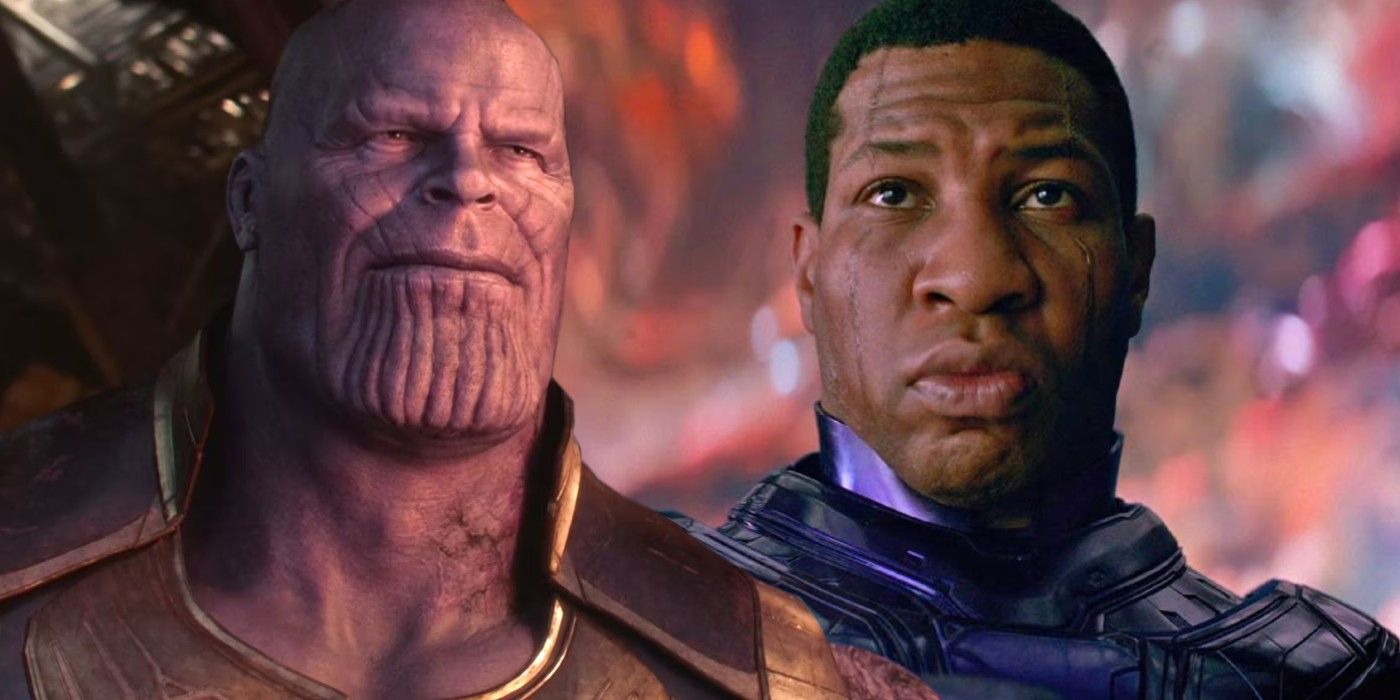 The Infinity Stones served Marvel well as a driving plot force that lurked in the background, tying each film together in a cohesive manner. Lately, it seems as though Marvel has been eschewing its strengths, with most films since Spider-Man: No Way Home feeling relatively disconnected. The through plot of Kang and his presence throughout the multiverse has moved incredibly slowly, failing to play to the Marvel movies' strengths as being more like a TV show with very long episodes that release infrequently, resulting in less engagement from moviegoers at the box office.
The Infinity Stones served Marvel well as a driving plot force that lurked in the background, tying each film together in a cohesive manner. Lately, it seems as though Marvel has been eschewing its strengths, with most films since Spider-Man: No Way Home feeling relatively disconnected. The through plot of Kang and his presence throughout the multiverse has moved incredibly slowly, failing to play to the Marvel movies' strengths as being more like a TV show with very long episodes that release infrequently, resulting in less engagement from moviegoers at the box office. 1 Disney+ Series Have Gatekept Audiences TV shows have added an extra layer of commitment to the MCU Close The decision to incorporate limited series as a part of Marvel's phases post-Endgame has had mixed results. Entries like WandaVision and Season 2 of Loki stand among some of Marvel's best work. However, some audiences may be feeling alienated by the plethora of shows, each having a suite of 50-minute-plus episodes. Before, the argument could be made that the Disney+ series weren't required watching, but with The Marvels using a Disney+-introduced character as a leading role and Loki's finale having massive ramifications on the multiverse, it's become clear that the hours of streaming-only content are becoming homework necessary to enjoy the MCU, a challenge less and less fans are up to.
Key Release Dates
 Deadpool 3 Release Date: 2024-07-26
Deadpool 3 Release Date: 2024-07-26  Captain America: Brave New World Release Date: 2025-02-14
Captain America: Brave New World Release Date: 2025-02-14 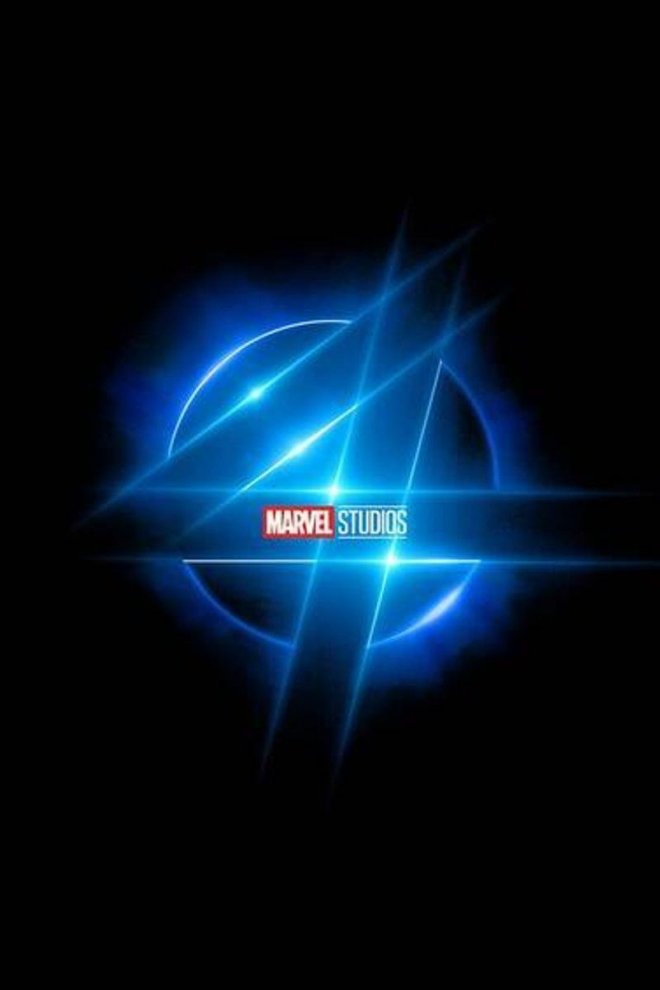 Marvel's Fantastic Four Release Date: 2025-05-02
Marvel's Fantastic Four Release Date: 2025-05-02  Marvel's Thunderbolts Release Date: 2025-07-25
Marvel's Thunderbolts Release Date: 2025-07-25  Blade (2025) Release Date: 2025-11-07
Blade (2025) Release Date: 2025-11-07  Avengers: The Kang Dynasty Release Date: 2026-05-01
Avengers: The Kang Dynasty Release Date: 2026-05-01  Avengers: Secret Wars Release Date: 2027-05-07
Avengers: Secret Wars Release Date: 2027-05-07[圖擷取自網路,如有疑問請私訊]
|
本篇 |
不想錯過? 請追蹤FB專頁! |
| 喜歡這篇嗎?快分享吧! |
相關文章
tag_marvel









